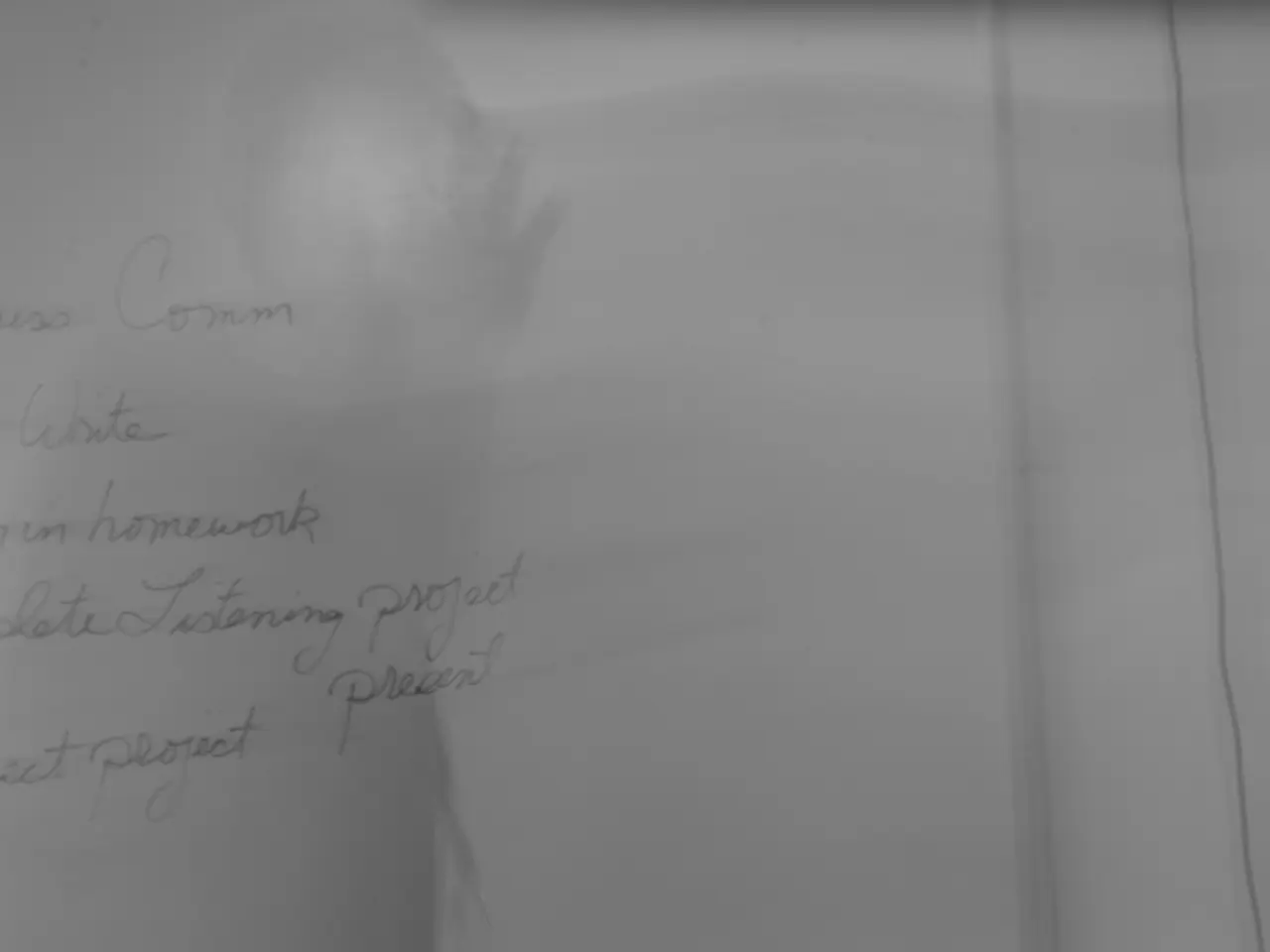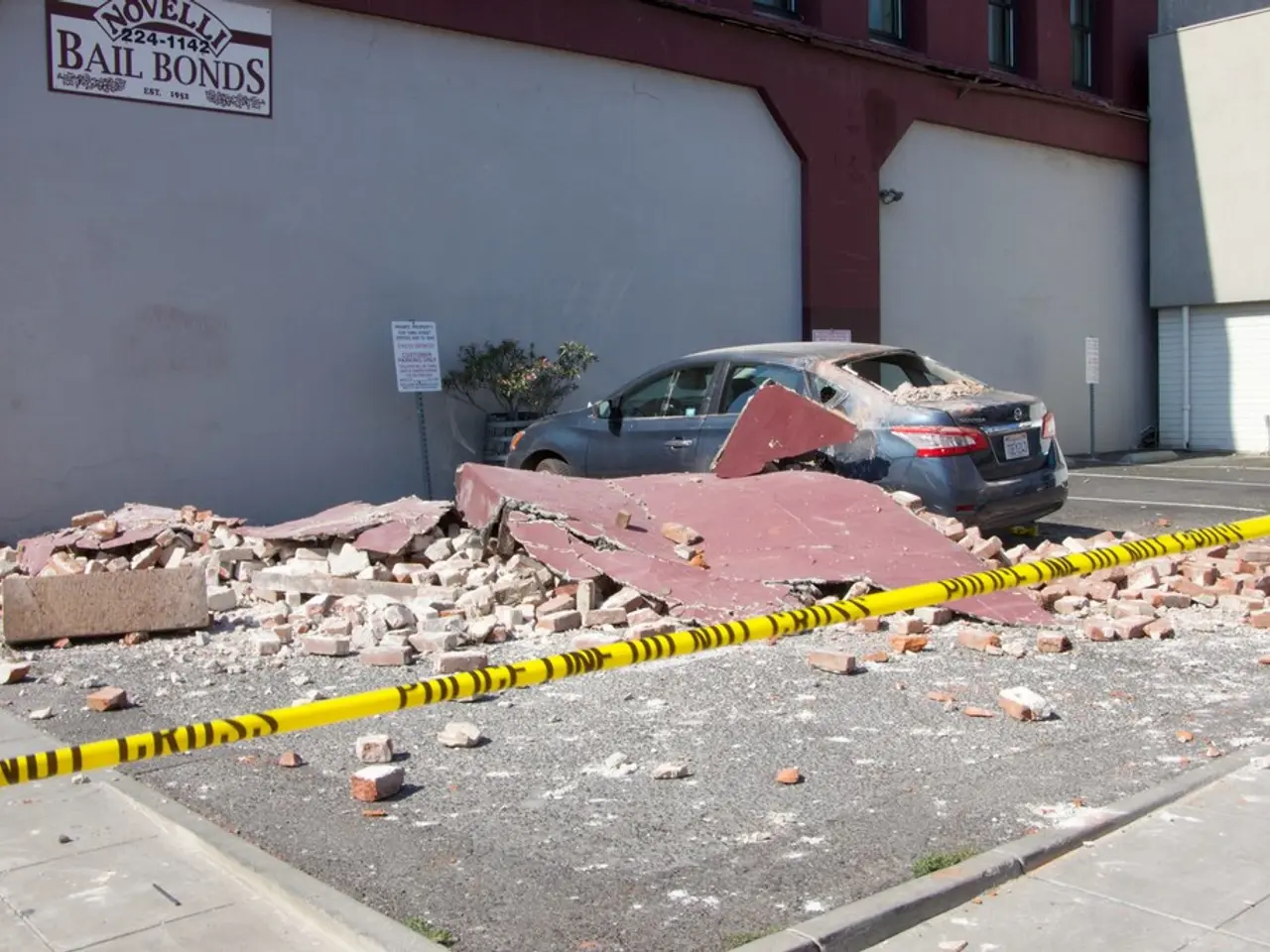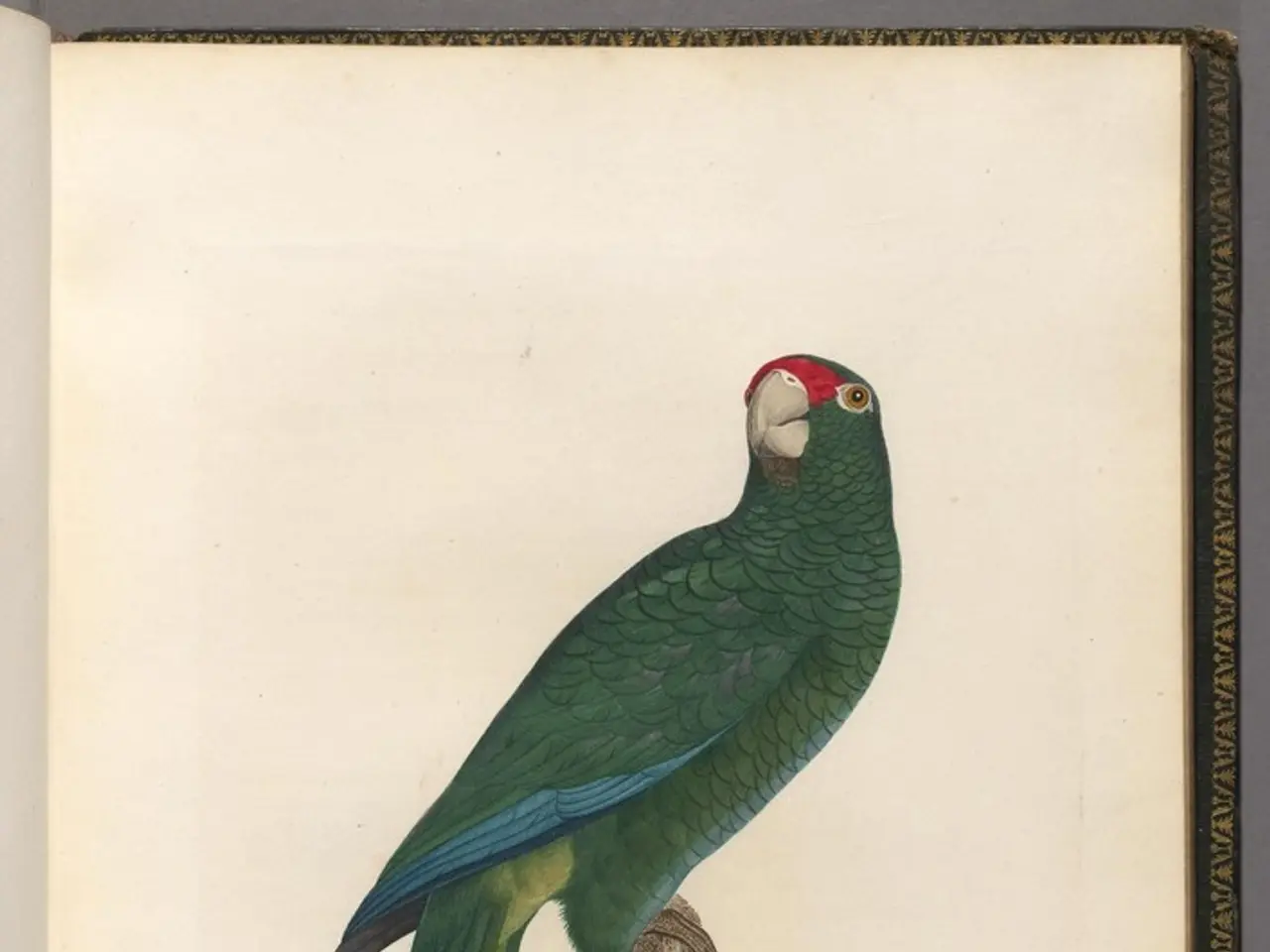Vucic's current struggles echo Erdogan's battles of 2016.
In a dramatic turn of events, Serbian President Aleksandar Vučić has accused Western-aligned elements within Serbia's own institutions and foreign powers of conspiring to destabilise the country and orchestrate a coup. Vučić has pointed fingers at the Special Prosecutor Mladen Nenadić and certain police units, claiming they are conducting politically motivated arrests and plotting a coup "at the behest of the West," particularly Europe.
Several high-ranking officials, including a former minister Tomislav Momirović, have been detained in connection with alleged fraud and subversive activities. Vučić views these actions as part of a Western-backed attempt to undermine his leadership.
The allegations come amidst a broader context of political tensions in Serbia, compounded by regional issues such as Kosovo's ethnic disputes, historical grievances related to the Serbian Krajina and Operation Storm, and continuous pressure from Western countries advocating policy changes in Serbia. Vučić has repeatedly denounced foreign efforts to destabilise Serbia, presenting the alleged plot as part of a larger foreign strategy to weaken Serbia and its sovereignty.
Serbian authorities have also accused foreign governments and intelligence actors, specifically Bulgaria, the United States, Britain, Germany, and Croatia, of plotting against Vučić. A propaganda documentary prepared by Serbia accuses these countries of meddling through espionage and infiltration of Serbian academic and diplomatic institutions, including alleged espionage networks connected to Bulgarian diplomats and professors.
However, these claims remain part of a tense political environment with accusations largely coming from Vučić's administration, while independent verification and official details on the evidence have not been fully released.
Meanwhile, Serbia's economic growth under Vučić's leadership is undeniable. The Serbian economy has doubled in size since Vučić took power, more highway and railway infrastructure has been built in the years since the Serbian Progressive Party (SNS) came to power than in the entire period from 1945 until 2012. The average salary in Serbia has more than doubled, and bilateral relations between Serbia and Turkey have dramatically improved, with trade exchange jumping from 500 million euros to more than 2.2 billion euros in 2023.
Vučić has given full, decisive, and unambiguous public support to the legitimate Turkish president, Recep Tayyip Erdoğan. Erdoğan, too, has faced similar allegations of foreign interference, successfully winning against a coup attempt in 2016 and the Gülenist Terror Group (FETO).
In the face of these challenges, both Serbia and Turkey are defending their democracies, statehoods, and sovereignty. Collaboration on defence matters has begun between the two countries, and both leaders embody a patriotic leadership style, not taking orders from foreign powers.
The real story of the unfolding events in Serbia is important for the world and the Turkish public to hear. It is in the highest interest of both the Serbian and Turkish peoples to stand together in defence of their democracies and sovereignty.
- Amidst allegations of Western-backed plots to destabilize Serbia, President Vučić has accused various foreign powers and elements within Serbia's institutions of conspiring to orchestrate a coup, including Bulgaria, the United States, Britain, Germany, and Croatia.
- While Vučić's administration accuses these countries of espionage and infiltration, independent verification and official details on the evidence have not been fully released, leaving the claims as part of a tense political environment.
- Despite these challenges, Serbia's economy has thrived under Vučić's leadership, with economic growth, improved infrastructure, and increased bilateral relations with Turkey.
- In supporting each other, Serbia and Turkey are defending their democracies, statehoods, and sovereignty, also collaborating on defense matters and embodying a patriotic leadership style.
- Serbia's actions in this political climate, along with Turkey's responses to similar allegations of foreign interference, are significant world news, particularly relevant for the international community to understand.
- Given the ongoing regional issues and tense political environment in Serbia, diplomacy, finance, defense, and general news concerning the country's developments, as well as its relationships with other nations, are crucial to keep track of.




